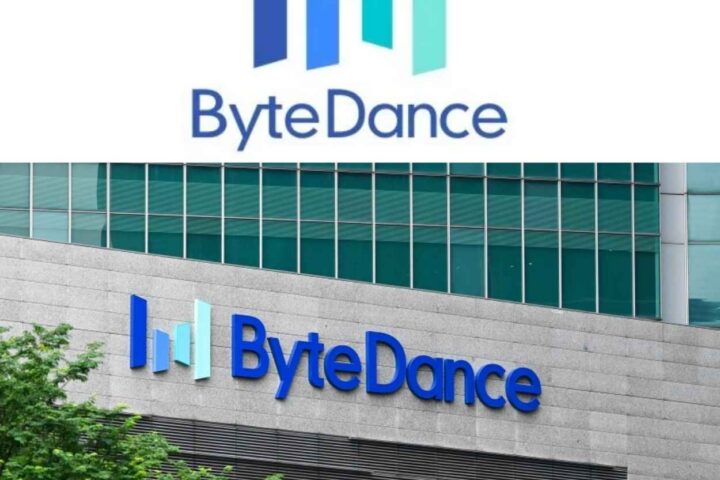Truck accidents can lead to severe injuries and even fatalities, making it crucial for victims or families affected by such incidents to seek compensation. For instance, in the state of Colorado, in the year 2020, there were a total of 74 fatal crashes involving trucks. These accidents, specifically involving large trucks, constituted approximately 8.4% of all fatal accidents that occurred during that year. Victims and their families often wonder about the average settlement they should expect in a truck accident case. The amount of compensation depends on many factors, making it hard to determine a fixed settlement amount.
If you are a resident of Denver, CO, for instance, and have suffered injuries and losses in a truck accident, you must seek legal assistance to obtain justice. Personal injury lawyers are the best option to receive maximum compensation after a Denver truck accident. In the following sections, we will take you through various factors affecting an average truck accident case settlement.
Factors Affecting Average Truck Accident Settlement
1. The Severity Of Injuries
The primary factor considered when calculating a settlement amount is the extent of injuries sustained during the truck accident. Injuries can vary from minor to severe or permanent disabilities such as head trauma, paralysis, or amputation resulting from trauma caused by being hit by an 80,000-pound semi-truck going at high speeds.
2. Damage To Property
Damage to property is another factor considered when determining an average settlement in a truck accident case. This includes damage incurred to your car, home/office building fences, or other personal belongings that may have been destroyed due to the truck accident.
3. Lost Income And Wages
Medical bills associated with recovering from severe injuries can be extensive and may also require you to take time away from work – either temporarily or permanently – leading to lost income and wage claims.
4. Insurance Policy Limits
Another aspect that could influence your insurance settlement is whether the driver has liability coverage and their policy limits: If the trucker’s policy limit caps out at $100k but your damages were worth $500k, you would have limited funds available towards your compensation claim.
5. Fault Determination
The determination of fault holds significant significance in such cases. In instances where the apportionment of blame reveals shared responsibility among the involved parties, the accountability no longer rests solely on one side. This has an impact on the monetary valuation that each party receives after judgment verdicts are rendered.
Average Settlements In Truck Accident Cases
Because so many factors can influence the settlement amount, it is impossible to determine an exact amount of compensation in a truck accident case. However, based on past cases, here are some instances to help paint a clearer picture:
1. Property Damage
You may recover damages via your property damage claims if the other party is liable for damages. According to truck accident settlements, over $10k are common from investigation statistics.
2. Minor Injuries
Minor injuries like cuts and bruises don’t often result in large settlements; however, if a victim sustains severe injuries resulting in extensive medical bills and considerable time off work, they might be eligible for larger awards that average around roughly $50k, depending on other aspects of the case.
3. Severe Injuries
In the event of a truck accident resulting in catastrophic injuries like amputations or paralysis, the potential compensation you may receive can amount to millions of dollars. These funds aim to assist in mitigating the physical and economic losses you have endured.
4. Wrongful Death Claims
If a family member dies due to the recklessness or negligence of another driver during a truck accident, wrongful death claims could come into effect where fair compensatory damages can differ greatly from one case to the next: court verdicts vary tremendously though upwards of 1 million dollars are not uncommonly awarded.
How To Secure A Fair Settlement Amount?
Here are some tips on how to maximize your chances of securing fair financial compensation:
1) Hire An Experienced Attorney
Hiring competent personal injury lawyers who specialize specifically within this field helps walk you through complexities involving road regulations and federal/state standards. These complexities concern insurance requirements which affect how much coverage drivers/insurance companies will provide before going after individual assets if the judgment exceeds the policy limits.
2) Gather Evidence
Collecting evidence such as photographs, police reports, and hospital records relating to the accident scene is essential. This will help build a solid evidence base for your case, helping support your legal representation by proving the liability and ensuring the attainment of the monetary compensation you rightfully deserve.
3) Avoid Settling Quickly
Insurance companies involved with truck accidents usually offer low settlement amounts to quickly get victims off the table. However, accepting an immediate settlement can prevent you from receiving fair compensation in light of extensive injuries or long-term repercussions from heavy impacts from these large vehicles. Hence, you must ensure your attorney prioritizes your best interests and does not settle for an insurance company’s lowball offer.
Conclusion
Truck accidents can cause catastrophic consequences such as property damage, severe injuries, and loss of life. These incidents can result in substantial financial compensation that significantly impacts one’s life. Considering the multitude of factors involved in determining average settlements in truck accident cases, it is advisable to seek the guidance of an experienced personal injury lawyer. This ensures that both parties have the necessary leverage to achieve equitable outcomes without depleting valuable resources due to a lack of understanding about settlement procedures or clear objective standards. This approach can facilitate effective negotiation processes and mitigate the adversarial nature of litigation between the involved parties.
















